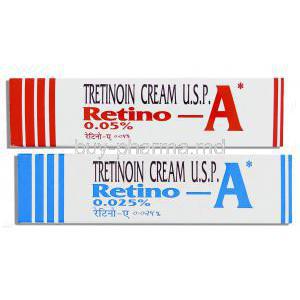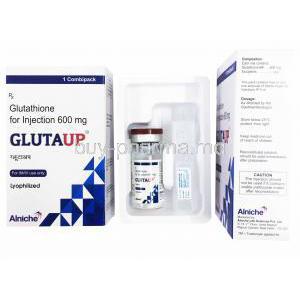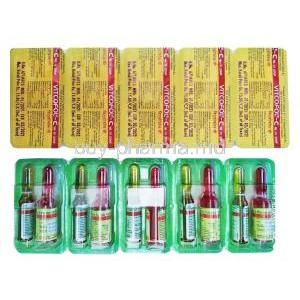Becozinc, Zinc/ B-Complex/ Vitamin C
- Introduction
- Composition of Becozinc
- How Becozinc Works in the Body
- Uses and Indications of Becozinc
- Dosage and Administration
- Side Effects of Becozinc
- Drug Interactions with Becozinc
- Warnings and Precautions
- Contraindications of Becozinc
- Administration Considerations for Special Populations
- Overdose and Toxicity of Becozinc
- Storage and Handling Precautions
Introduction
Becozinc is a well-balanced nutritional supplement containing Zinc, B-Complex vitamins, and Vitamin C. This unique formulation is designed to address micronutrient deficiencies, support immune health, and enhance overall physiological function.
As a dietary supplement, Becozinc is essential in replenishing depleted vitamins and minerals, particularly in individuals with increased nutritional demands. It plays a crucial role in various metabolic processes, aiding in immunity, cellular repair, and neurological functions.
Each ingredient serves a specific purpose:
- Zinc: Vital for immune response, wound healing, and enzymatic reactions.
- B-Complex Vitamins: Essential for energy metabolism, nerve function, and red blood cell production.
- Vitamin C: A powerful antioxidant that promotes collagen synthesis and strengthens the immune system.
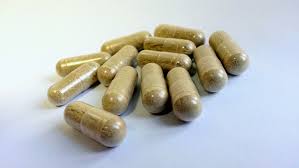
Composition of Becozinc
Becozinc blends micronutrients to support physical function.
Active Ingredients and Their Roles
- Zinc: Supports immune function, enhances wound healing, and contributes to DNA synthesis.
- B-Complex Vitamins: Includes multiple water-soluble vitamins that assist in metabolic and neurological health.
- Vitamin C: Provides antioxidant properties and supports tissue repair and immune resilience.

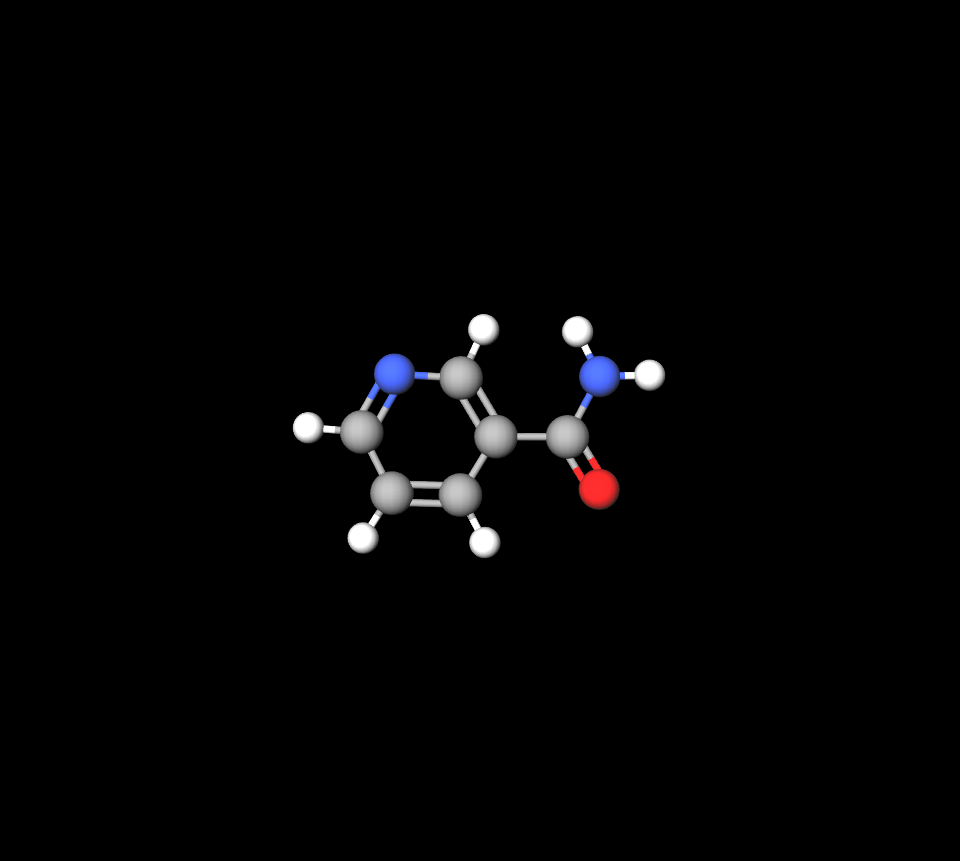
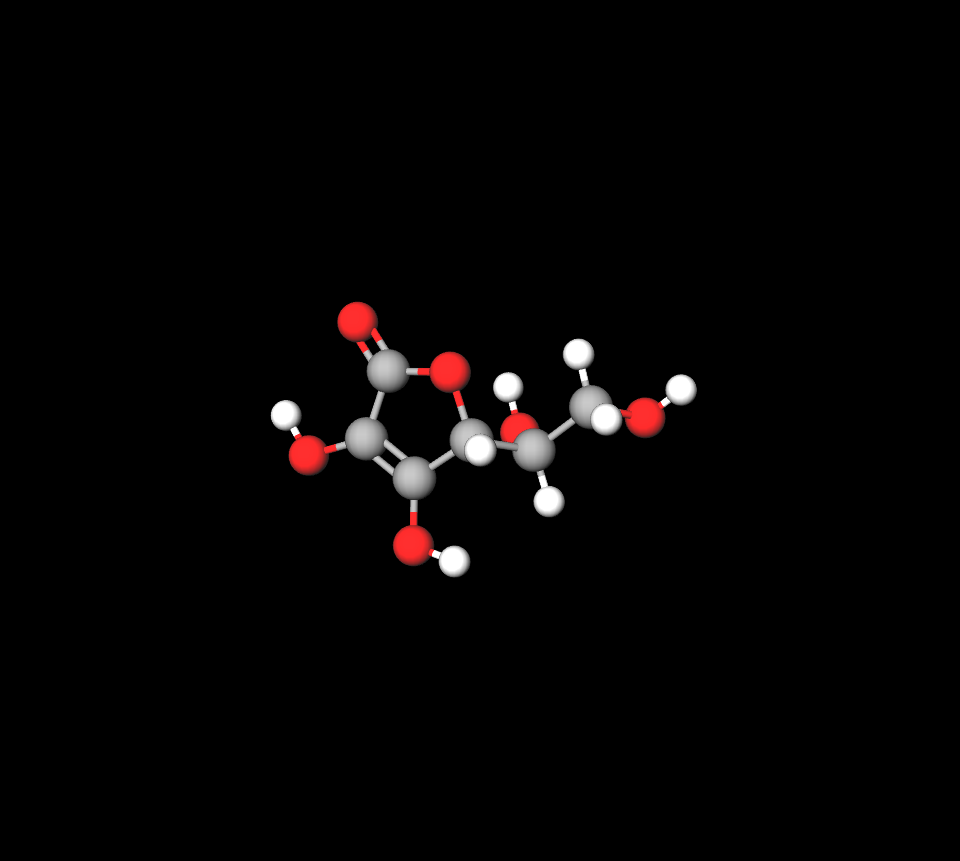
Types, Benefits, and Recommended Intake
Zinc is found in various forms such as zinc sulfate, zinc acetate, and zinc gluconate. It plays an indispensable role in enzymatic activities, immune modulation, and cellular proliferation. The recommended daily intake varies:
- Men: 11 mg
- Women: 8 mg
- Pregnant Women: 11-12 mg
B-Complex Vitamins and Their Functions
- Vitamin B1 (Thiamine): Converts carbohydrates into energy.
- Vitamin B2 (Riboflavin): Maintains skin and eye health.
- Vitamin B3 (Niacin): Supports cardiovascular health.
- Vitamin B6: Assists in neurotransmitter production.
- Vitamin B12: Essential for red blood cell formation.
Vitamin C enefits, Sources, and Absorption
Vitamin C is crucial for immune defense, collagen formation, and antioxidant protection. It is naturally found in citrus fruits, strawberries, and leafy greens. Optimal absorption occurs when consumed with food.

How Becozinc Works in the Body
Zinc's Role in Immune Function and Wound Healing
In the realm of health and wellness, zinc plays a role in supporting our body defenses and immune system functions, which can help lower the risk of getting sick from infections. It also aids in repairing cells and speeding up the process of healing wounds.
B-Complex Vitamins and Energy Metabolism
These essential nutrients help transform carbohydrates into energy that our bodies can use efficiently and also play a role, in reducing tiredness and enhancing sharpness.

Vitamin C's Role in Collagen Synthesis
To maintain skin integrity and promote health and cartilage formation ensure you are getting enough Vitamin C to boost collagen production.
Uses and Indications of Becozinc
Approved Uses
- Correcting micronutrient deficiencies
- Boosting immune resilience
- Preventing scurvy (Vitamin C deficiency)
- Managing anemia due to B12 and folate deficiency
- Accelerating wound healing
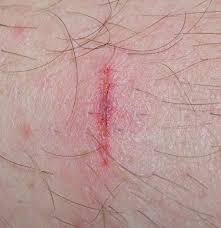
Off-Label Uses
- Alleviating skin conditions such as acne and eczema
- Enhancing fertility and reproductive health
- Supporting cognitive function in aging individuals
- Reducing oxidative stress and preventing premature aging
- Assisting in chronic disease management (diabetes, heart disease)

Dosage and Administration
Recommended Dosage
Typical dosing varies by age and condition:
- Adults: One capsule daily
- Children: Dosage as per physician's recommendation
Dosage Adjustments
Some modifications might be needed for people with kidney issues or who are pregnant or have medical conditions.
Best Time to Take Becozinc
To optimize absorption levels of Becozinc in your body system, it is recommended to consume it alongside a meal.
Side Effects of Becozinc
Common Side Effects
- Gastrointestinal disturbances (nausea, bloating)
- Altered bowel movements (diarrhea or constipation)
- Mild headaches
- Metallic taste
Serious Side Effects (Rare but Possible)
- Severe allergic reactions (anaphylaxis, swelling)
- Gastric ulcers or irritation
- Nerve dysfunction due to excessive B-vitamin intake
- Kidney stone formation from Vitamin C excess
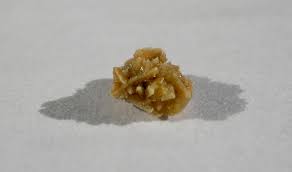
Drug Interactions with Becozinc
Medications That Reduce Zinc Absorption
- Antibiotics (tetracyclines, quinolones)
- Diuretics reducing zinc retention
Interaction with Anticoagulants
Vitamin C can potentially enhance blood thinning effects, increasing bleeding risk.
Alcohol and Tobacco Interactions
Drinking alcohol and smoking excessively can lower the levels of essential vitamins in your body and decrease their effectiveness.

Interactions with Other Supplements
Taking amounts of calcium or magnesium can disrupt the absorption of zinc. It might require you to space out when you take them.
Warnings and Precautions
Who Should Avoid Taking Becozinc?
While Becozinc is generally well-tolerated, certain individuals should exercise caution or avoid its use altogether. Those with hypersensitivity to any of its components, particularly zinc or B-complex vitamins, should refrain from consumption. Patients with pre-existing medical conditions that may be exacerbated by high vitamin or mineral intake should consult a healthcare provider before use.
Specific groups who should avoid or limit Becozinc intake:
- Individuals with a history of hypersensitivity to zinc or vitamin B-complex
- Patients with chronic kidney disease or reduced renal function
- Individuals with metabolic disorders affecting vitamin absorption
- People diagnosed with hypervitaminosis due to excessive supplementation
Risks Associated with Long-Term or High-Dose Supplementation
Long-term or excessive use of Becozinc may lead to toxic accumulations of its active ingredients. Chronic zinc overdose can result in copper deficiency, leading to anemia and weakened immune function. Overconsumption of B-complex vitamins, particularly vitamin B6, may cause neuropathies and sensory disturbances.
Potential complications of prolonged high-dose intake include:
- Gastrointestinal distress (nausea, bloating, stomach cramps)
- Peripheral neuropathy due to vitamin B6 toxicity
- Increased risk of kidney stone formation from excessive vitamin C
- Imbalanced mineral absorption leading to deficiencies in other micronutrients
Potential Risks for Individuals with Kidney Disease, Liver Disorders, or Metabolic Conditions
Patients with impaired renal function should be particularly cautious, as excess vitamins and minerals may not be efficiently excreted, leading to potential toxicity. Individuals with liver disorders should also regulate their intake since the liver plays a crucial role in metabolizing and storing certain vitamins.
Metabolic conditions such as hemochromatosis (iron overload disorder) or Wilson's disease (copper accumulation disorder) may be adversely affected by high zinc intake, which can disrupt trace mineral balance.
Signs of Vitamin Overdose and Toxicity
Overdose symptoms vary based on the specific nutrient involved. Recognizing early signs of toxicity is crucial to prevent complications.
Common symptoms of vitamin overdose include:
- Severe nausea and persistent vomiting
- Diarrhea and gastrointestinal upset
- Numbness, tingling, or burning sensations in extremities
- Altered mental status, including confusion or irritability
- Chronic fatigue and muscle weakness
In severe cases, vitamin overdose can result in organ damage, particularly affecting the kidneys and nervous system.
Contraindications of Becozinc
Absolute Contraindications
Certain medical conditions or allergies strictly prohibit the use of Becozinc.
- Known allergy or hypersensitivity to zinc, B-complex vitamins, or vitamin C
- Severe renal impairment or end-stage kidney disease
- Metabolic disorders affecting zinc or vitamin absorption
Relative Contraindications
Some individuals may need to take Becozinc with caution under medical supervision.
- Patients with pre-existing gastrointestinal disorders (e.g., gastritis, ulcers)
- Individuals with hypervitaminosis A or other vitamin overload conditions
- Those with a history of kidney stones or urinary tract disorders
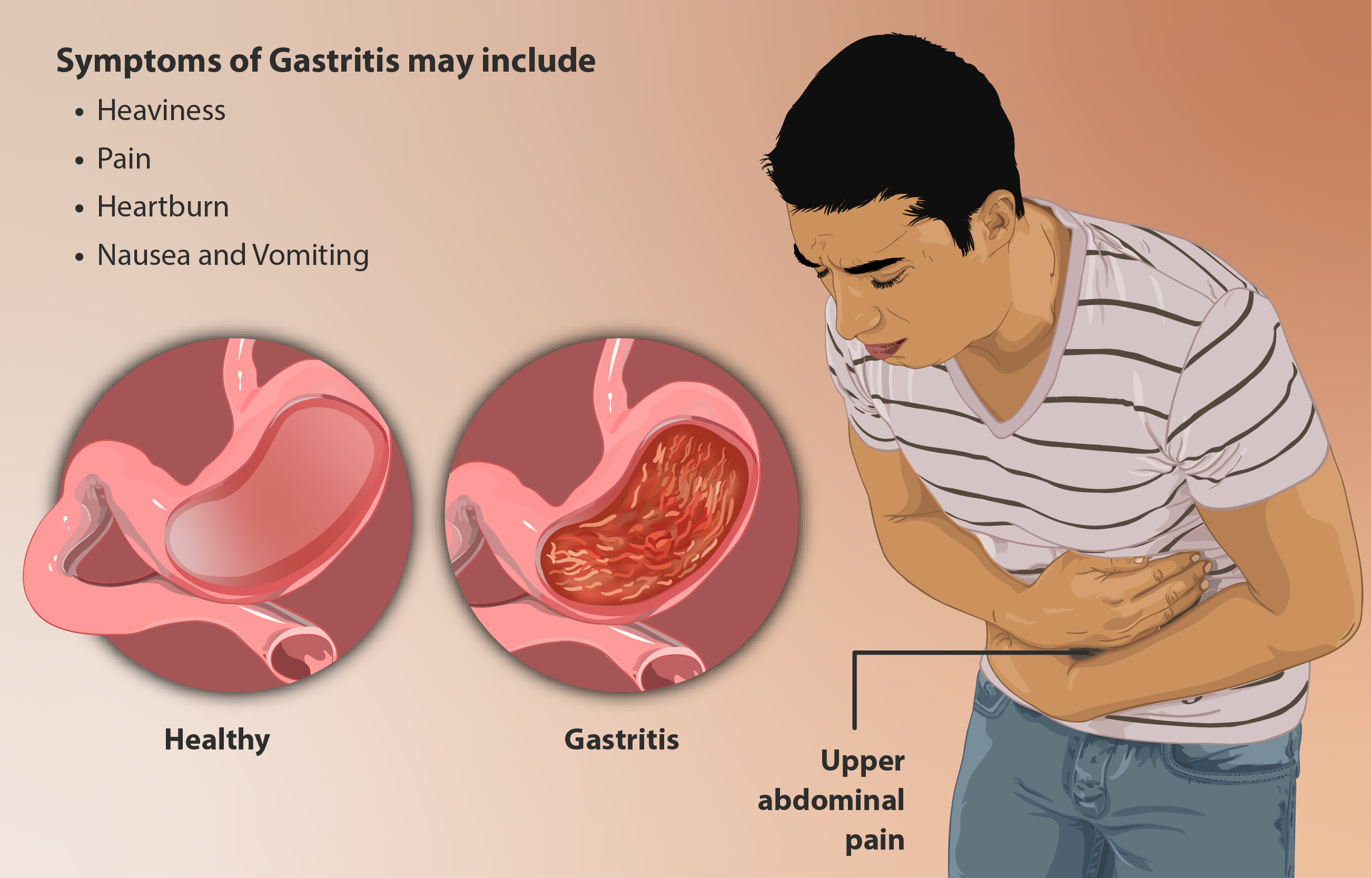
Administration Considerations for Special Populations
Administration to the Elderly
Aging alters metabolic efficiency, requiring careful dosage adjustments. The elderly may experience reduced kidney function, affecting vitamin and mineral excretion. Excessive intake can burden renal function and cause toxicity.
Key considerations for elderly individuals:
- Lower doses may be required due to slower metabolism
- Monitor for signs of over-supplementation, such as dizziness or neuropathy
- Ensure adequate hydration to prevent kidney strain
Administration to Pregnant Women and Nursing Mothers
Becozinc provides essential nutrients beneficial for pregnancy and lactation. Zinc supports fetal development, while B-complex vitamins assist in neural tube formation and red blood cell production. Vitamin C enhances maternal immunity and collagen synthesis.
Recommended Daily Allowances and Safety Considerations
Pregnant and breastfeeding women have increased nutritional demands. However, excessive intake can pose risks:
- Zinc: 11-13 mg/day (higher doses may interfere with copper absorption)
- Vitamin B6: Excess intake (>100 mg/day) may lead to neuropathy
- Vitamin C: Excess (>2000 mg/day) can lead to kidney stone formation
Potential Effects on Fetal Development and Breastfeeding
Having zinc can disrupt the normal copper levels, in the developing baby while an excess of vitamin B^ suggests potential impacts on the newborns nervous system health wise; therefore maintaining a balanced intake is crucial, for both the mother and the baby’s well being.
Administration to Children
Pediatric populations have specific nutritional requirements. While Becozinc can be beneficial, improper dosage can lead to adverse effects.
Safe administration guidelines:
- Age-specific dosing must be followed strictly
- Excessive intake may lead to developmental disturbances
- Parental supervision is crucial to prevent accidental overdose
Overdose and Toxicity of Becozinc
Symptoms of Overdose
Zinc, B-complex vitamins, and vitamin C overdose can manifest in various ways:
- Acute gastrointestinal distress (nausea, vomiting, diarrhea)
- Neurological symptoms (tingling, burning sensations, confusion)
- Electrolyte imbalances due to excessive vitamin C intake
Immediate Actions and Treatment for Overdose
If overdose symptoms occur, immediate medical attention is required. Recommended actions:
- Discontinue use immediately
- Drink plenty of water to aid renal clearance
- Seek emergency medical intervention if severe symptoms arise

Long-Term Health Effects of Excessive Intake
Chronic excessive consumption may lead to lasting health issues:
- Zinc toxicity may cause immune suppression and copper deficiency
- Vitamin B6 overdose can lead to irreversible nerve damage
- Excess vitamin C increases the risk of kidney stones and gastrointestinal issues
Storage and Handling Precautions
Proper Storage Conditions to Maintain Efficacy
Becozinc should be stored in a cool, dry place to prevent degradation. Excessive heat or humidity can reduce potency.
Effects of Heat, Moisture, and Light Exposure
Exposure to extreme conditions may lead to:
- Loss of vitamin potency
- Altered composition and reduced efficacy
- Risk of contamination due to moisture
Safe Disposal of Expired or Unused Supplements
Proper disposal is necessary to prevent accidental ingestion or environmental contamination.
- Do not flush expired supplements down the drain
- Dispose of properly in designated pharmaceutical disposal units
- Keep out of reach of children and pets
Becozinc, Zinc/ B-Complex/ Vitamin C FAQ
- What is Becozinc used for?
- What is the benefit of Becozinc medicine?
- Is it OK to take Becozinc daily?
- Is Becozinc good for B12?
- Is Becozinc good for the heart?
- What are the side effects of Becozinc M?
- Does becozinc make urine yellow?
- Does Becozinc give energy?
- Is Becozinc good for brain?
- Can Becozinc be taken on empty stomach?
- Can I take Becozinc at night?
- Is Becozinc good for your hair?
- Does Becozinc contain folic acid?
- Does Becozinc increase appetite?
- Can men take Becozinc?
- Is becozinc good for testosterone?
What is Becozinc used for?
The Becozinc capsule is a supplement that includes a mix of vitamins and zinc commonly used to address deficiencies in both vitamins and zinc levels in the body.
What is the benefit of Becozinc medicine?
Indigestion is often diagnosed with symptoms like bloating and stomach discomfort associated with gas.
Is it OK to take Becozinc daily?
Yes
Is Becozinc good for B12?
This medication promotes the development of healthy cells in the body and assists in controlling signs of a lack of vitamin B12, like anemia and symptoms such as queasiness and fatigue alongside issues such as constipation and reduced appetite.
Is Becozinc good for the heart?
Yes
What are the side effects of Becozinc M?
Symptoms to watch out for may consist of wheezing and chest tightness along with a fever and itching or a persistent cough with skin discoloration, in gray tones, possibly leading to seizures or facial swelling.
Does becozinc make urine yellow?
Yes
Does Becozinc give energy?
Yes
Is Becozinc good for brain?
This mix supports the operation of the brain and nervous system.
Can Becozinc be taken on empty stomach?
Taking BECO Zinc G is usually well received whether or not you have eaten; however, having it with a meal might reduce the chance of stomach discomfort.
Can I take Becozinc at night?
Sure thing! It's best to take it in the morning after your meals.
Is Becozinc good for your hair?
Yes
Does Becozinc contain folic acid?
Yes
Does Becozinc increase appetite?
Yes
Can men take Becozinc?
Yes
Is becozinc good for testosterone?
Taking zinc supplements may boost the production of testosterone in men. This leads to an increase in sperm count and better fertility for males.






